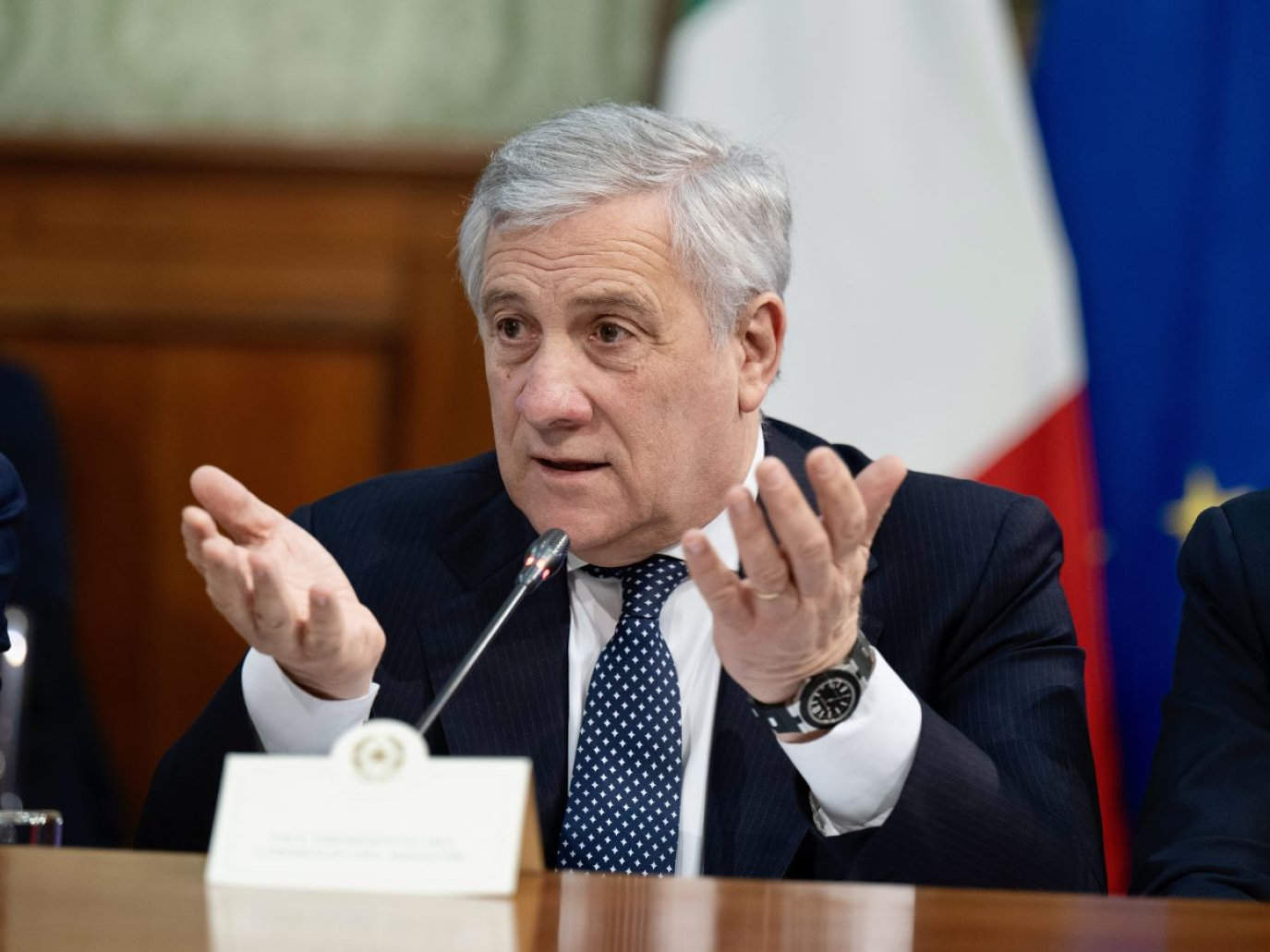This week, Parliament's Foreign Affairs Committee is examining the Mattei Plan (Piano Mattei), the government's strategic framework for Italian African relations. The document, as received by parliamentarians, outlines six areas of intervention − ranging from energy to water and agriculture − two phases of incremental development, several pilot projects already underway in 9 African countries, and 5.5 billion euros in allocated resources. It is scheduled for a vote on Monday, 5 August, but at present, it appears to be fraught with issues and falls short of the ambition of Prime Minister Giorgia Meloni.
"The Plan we received is severely lacking, does not accurately reflect the current interventions, and overly centralises the decision-making process at Palazzo Chigi, where there is insufficient staff to manage such a significant Italy-Africa initiative," was the trenchant comment from Lia Quartapelle (Democratic Party), who was contacted in the chamber during the work in the Commission.
On one hand, the transfer of governance from the Farnesina raises significant concerns due to the Council of Ministers' lack of expertise and resources for a plan crucial to the country's security and to the revitalisation of relations with numerous African nations. On the other hand, the complete absence of new economic resources is alarming. It has been reconfirmed, as previously announced, that of the 5.5 billion allocated, 3 billion will come from the Italian Climate Fund established by the Draghi government, while the remaining 2.5 billion will be drawn from the cooperation budget currently managed by the Farnesina and the Minister of Economy and Finance, to be transferred directly under the presidency of the Council of Ministers.
A simple recount of the already insufficient funding for bilateral (the Italian Agency for Development Cooperation - AICS) and multilateral (Director General for Development Cooperation - DGCS) cooperation, since the Meloni government cut these funds in 2023, reveals that according to the OECD, Italy's contributions were reduced from 0.33% to 0.27% of GDP, moving Italy further away from the common goal set by wealthy nations of allocating at least 0.7% of GDP to projects in the Global South.
Finally, the structure of the plan − sometimes resembling the work of a university freshman − and the quality of the projects, coupled with the lack of requested institutional reforms for the beneficiary countries, various omissions (such as the absence of any mention of the partnership with Riyadh or support for the Sahel), and the overall level of approximation, suggest that the involved institutions have not given the necessary political attention to the matter.
Not exactly a groundbreaking document to support sustainable growth in African countries and avoid emigration. It is far from demonstrating Italy's influence in development cooperation and the prudent management of climate finance, especially considering that from 2025 the country's commitment will need to increase exponentially.
According to the document on page 44, the government indicates that additional resources could be mobilised from various sources. These include sovereign concessional credit lines financed through the Revolving Fund for Development Cooperation at the MEF and managed by Cassa Depositi e Prestiti (CDP) [with additionality remaining unclear], resources from Multilateral Development Banks (in the form of matching in projects, especially those related to climate), and taking resources from the Global Gateway Africa-Europe and other European initiatives (such as the Connecting Europe Facility and Horizon Europe). Additionally, there are tripartite collaborations, such as the tripartite cooperation plan for Africa involving the EU, the African Union, and the UN.
Partnerships will also be sought with other donor states, including EU member states, Gulf states (with ongoing speculation about Saudi Arabia's role, although the document does not provide explicit details), G20 countries, and particularly the USA, through the Partnership for Global Infrastructure and Investment (PGII). One instrument mentioned − though it remains unclear how it will be implemented − is Debt for Development Swaps, specifically bilaterals under Article 5 of Law No. 209/2000. These have previously been used with countries such as the Democratic Republic of Congo and could be applied to environmental or climate objectives.
Finally, the mention of the generic “further funds and co-investment platforms, in the process of being established”, allows for the blending of private resources, which the world of cooperation has always closely scrutinised. These are vague indications that could have been listed by anyone, with much still to be developed.
Currently, the projects planned to be financed (and already underway) will involve 9 countries: 4 in North Africa (Egypt, Tunisia, Morocco, and Algeria) and 5 in sub-Saharan Africa (Kenya, Ethiopia, Mozambique, the Republic of Congo, and the Ivory Coast). In Algeria, funding will continue for the “desert agriculture” project launched by the Italian company Bonifiche Ferraresi with the support of SIMEST. This initiative, based in the southeast of the Algerian Sahara, aims to develop the cultivation of wheat, cereals, and oilseeds. In Egypt, the same company will facilitate technology transfer for the production of wheat, soy, maize, and sunflower.
Agriculture is also included in the pilot project in Mozambique, planning the establishment of an agri-food centre based on the Italian model in the northwest of the country. In Tunisia, the submarine electricity interconnection with Italy, known as ELMED, falls under the Mattei Plan, aiming “to develop a hydrogen transport infrastructure linking Tunisia, and potentially Algeria, with the European continent (SoutH2Corridor). Although the project will initially transport only natural gas due to the lack of hydrogen production facilities, with all due respect to the resources of the Climate Plan. In the Democratic Republic of Congo, support is being provided to an ENI initiative aimed at improving access to water, which has been ongoing for many years. Meanwhile, in Kenya, projects by the San Donato Milanese company focused on biofuels − already fully financed by the six-legged dog company − are being fully endorsed.
"Working on the Mattei Plan is important because it is the start of a new method of Italian African relations, and we cannot allow it to go wrong, without new resources, new projects that have different objectives from those of large energy companies and in dialogue with other European capitals," Quartapelle continued, emphasising the Democratic Party's willingness to work constructively to improve the Plan − "strategic and important" − maintaining and improving Law 125 on cooperation, without trying to cancel it as Palazzo Chigi seems to want to do.
The vote on the plan is expected on Monday. However, if it is approved in its current form, Italy is unlikely to assume a leading role on the African continent, further diminishing Italian cooperation, and it will have little impact on the international climate policy arena, effectively nullifying the modest progress made by Draghi and by Meloni herself.
This article is also available in Italian / Questo articolo è disponibile anche in italiano
Cover image: Vice-President of the Council of Ministers and Minister of Foreign Affairs and International Cooperation Antonio Tajani chairs the meeting of the Steering Committee on the Piano Mattei on 24 April 2024 © Palazzo Chigi



